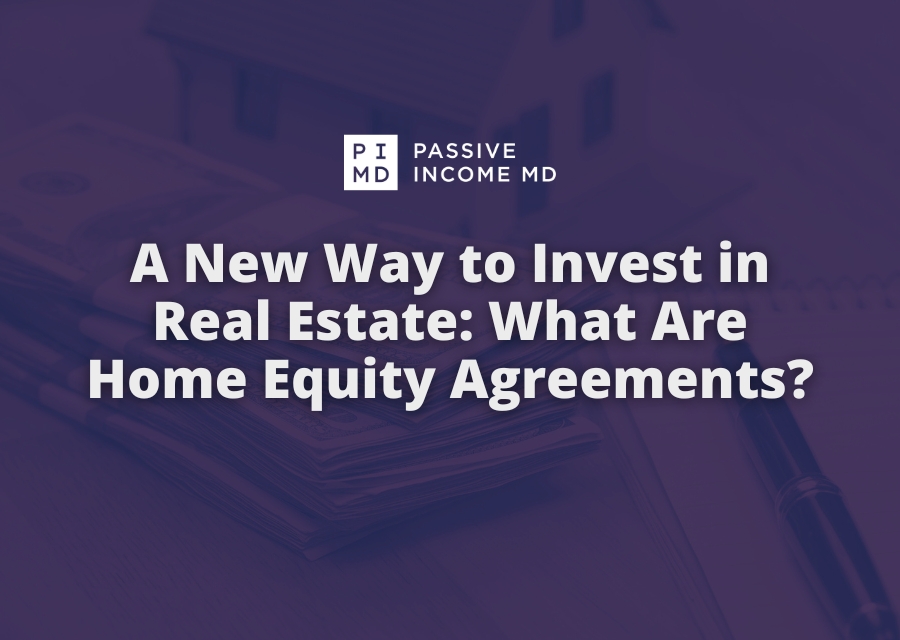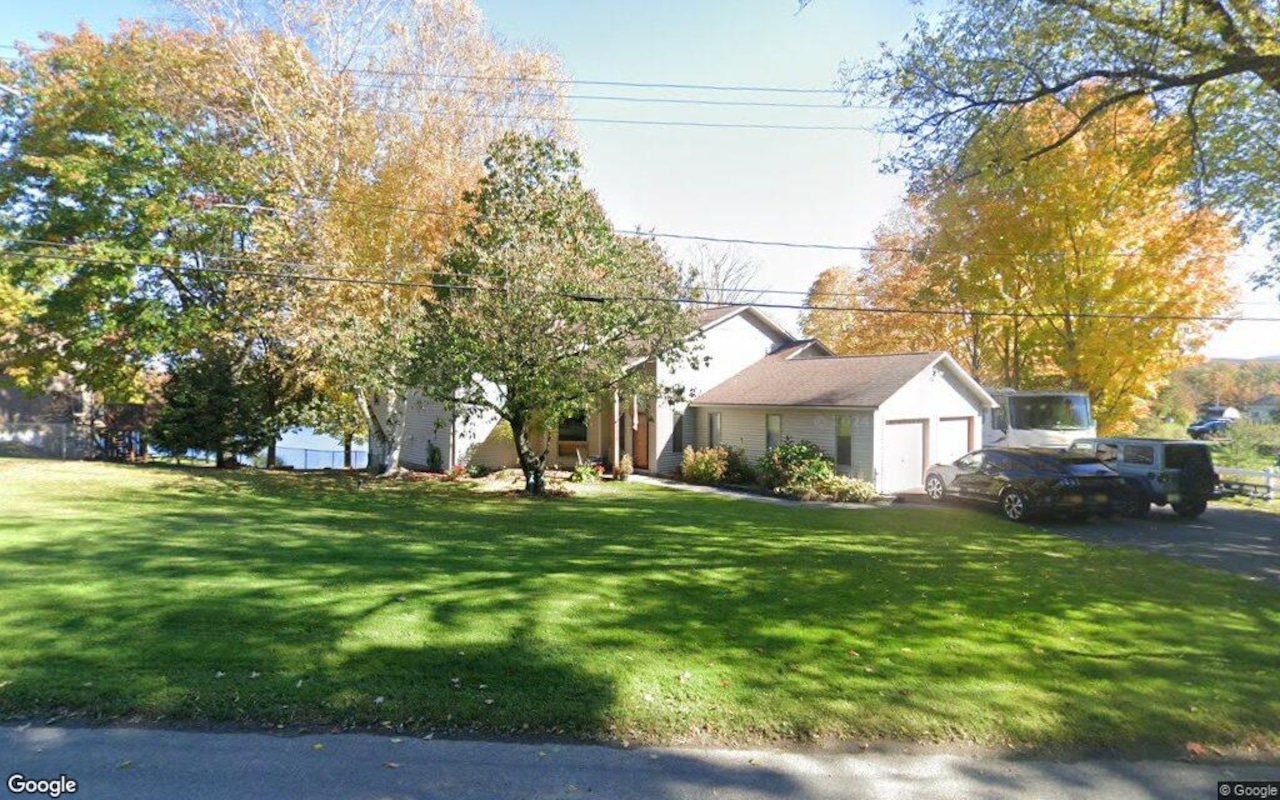T
ypical real‑estate strategies—buying rentals, joining syndications, lending capital, or flipping houses—are well‑known. Yet another path exists that bypasses tenants, maintenance, and outright ownership: the Home Equity Agreement (HEA).
**What an HEA Is**
An HEA is a contract that lets homeowners unlock the equity in their property without taking on new debt. In exchange for a lump‑sum payment, the homeowner agrees to share a percentage of the home’s future value. There are no monthly installments or interest charges, and the deal usually lasts ten years or until the property is sold or refinanced. Investors, therefore, purchase a slice of the home’s appreciation, riding the upside without becoming landlords or lenders.
**Why It’s Innovative**
HEAs create a new investment class: equity exposure to residential real estate without owning or managing the asset. Investors avoid repairs, rent collection, and other landlord duties, yet still benefit from market gains. For homeowners, the appeal is clear. Many possess substantial equity but lack liquid cash, cannot refinance at favorable rates, or are ineligible for a HELOC. An HEA offers a non‑debt way to tap that value for expenses such as medical bills, renovations, tuition, or debt consolidation.
**Why I’m Interested**
As professionals who value time‑efficient investments, HEAs check several boxes:
- Passive income
- Scalable exposure
- Real‑estate backing
- No rent‑collection burden
- Potential for long‑term appreciation
They also diversify portfolios that might already be concentrated in rentals or syndications.
**Expert Insight**
Jesse Stein, Chief Investment Officer at Homeshares, explains:
> “The U.S. holds over $30 trillion in residential home equity, much of it illiquid. HEAs let investors tap into this vast market while giving homeowners access to their wealth without additional debt. It’s simple, yet many are unaware of this opportunity.”
The sheer scale of untapped equity underscores the appeal.
**Who Should Consider an HEA**
- Those seeking real‑estate exposure without landlord responsibilities
- Investors already in syndications looking for a fresh angle
- Individuals prioritizing long‑term capital appreciation over immediate cash flow
- Those wanting passive U.S. residential market exposure
HEAs are illiquid for 5–10 years, with returns realized upon sale or refinance, so they’re unsuitable for those needing quick liquidity or monthly distributions.
**Getting Started**
Accredited investors can access HEAs through platforms and funds that specialize in this niche. Homeshares, for example, offers a diversified U.S. Home Equity Fund that pools multiple agreements across markets. While not the only option, it’s one of the few firms with extensive experience structuring these deals.
**Final Thoughts**
Real‑estate innovation continues to surface in unexpected corners. HEAs exemplify a new way to earn returns from residential properties without ownership or management. They may become a significant wave in passive real‑estate investing.
**Disclaimer**
This information is educational only and does not constitute financial, legal, or investment advice. All investments carry risk; consult a financial advisor, attorney, or CPA before acting. Past performance is not indicative of future results. The author and affiliated entities are not liable for any losses incurred from using this material.














